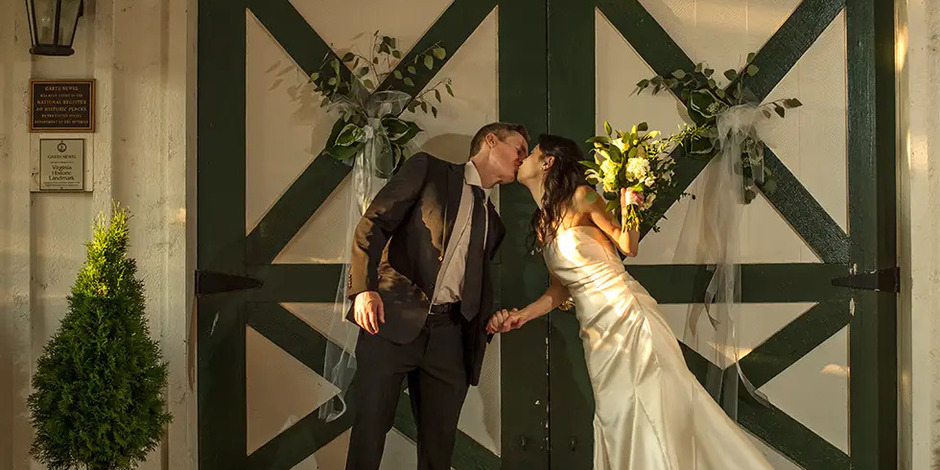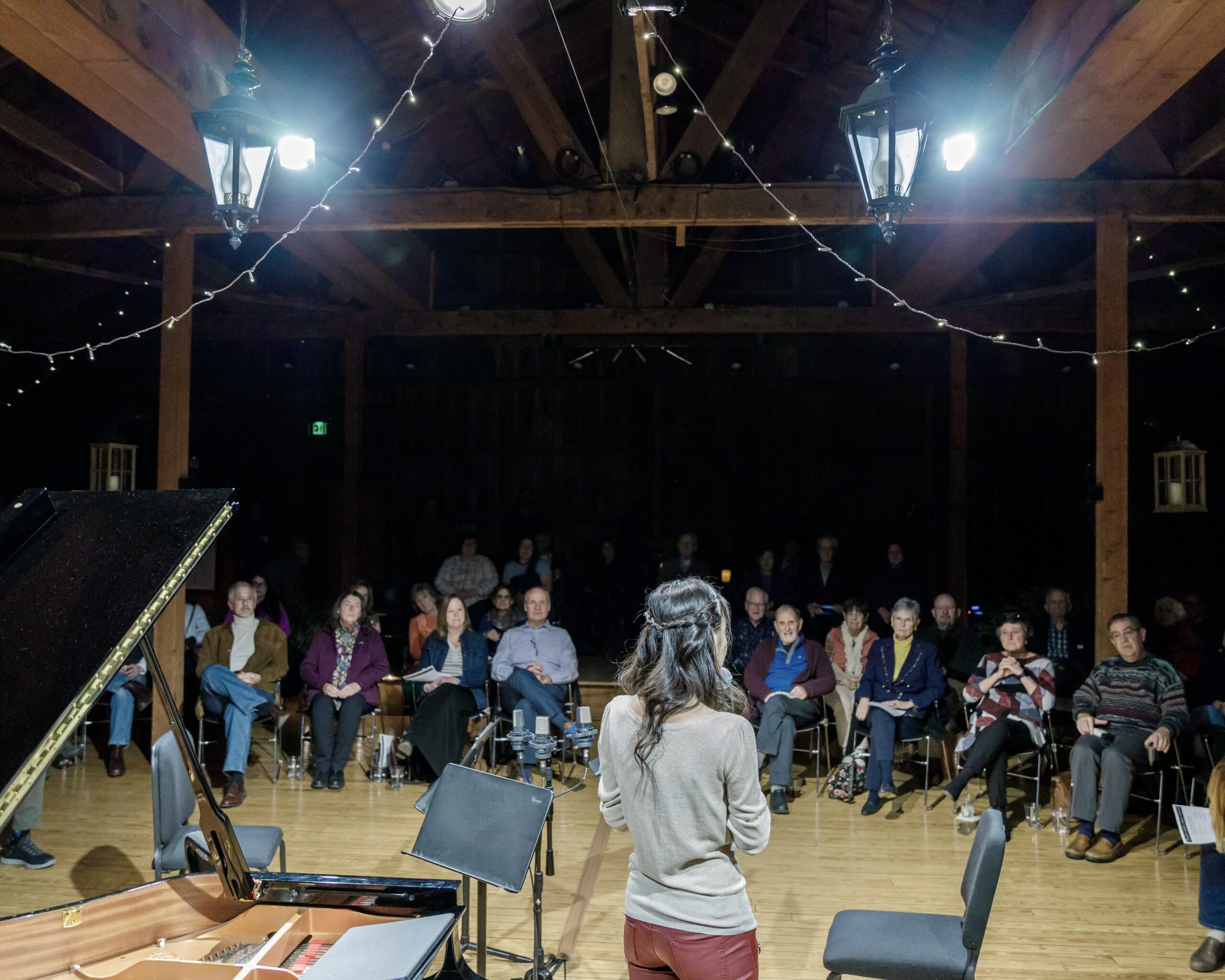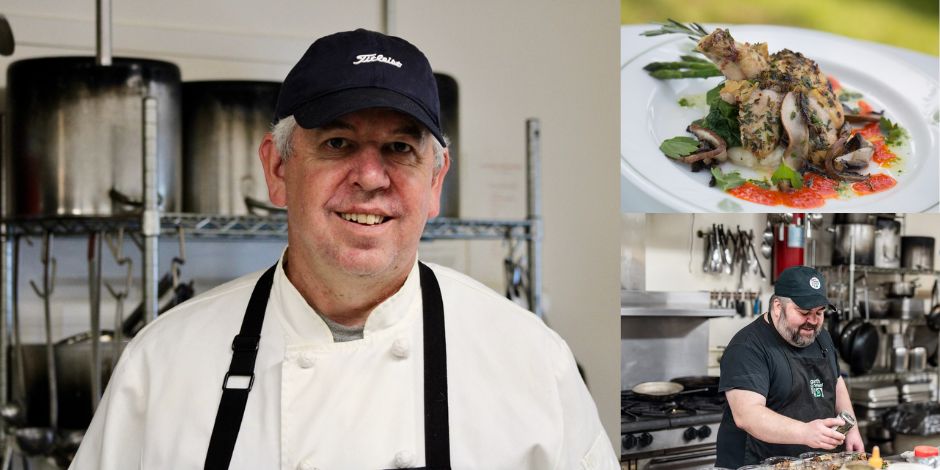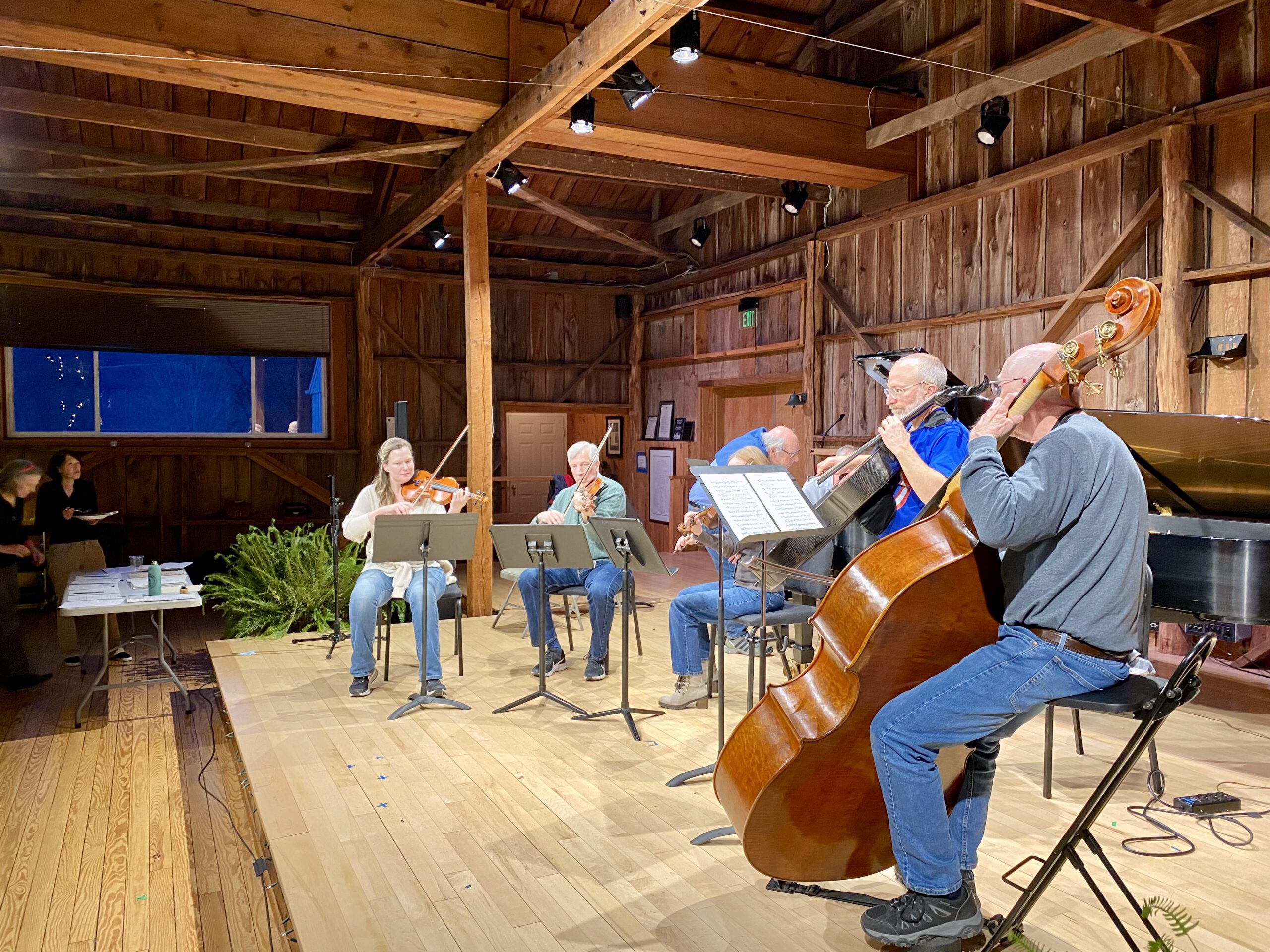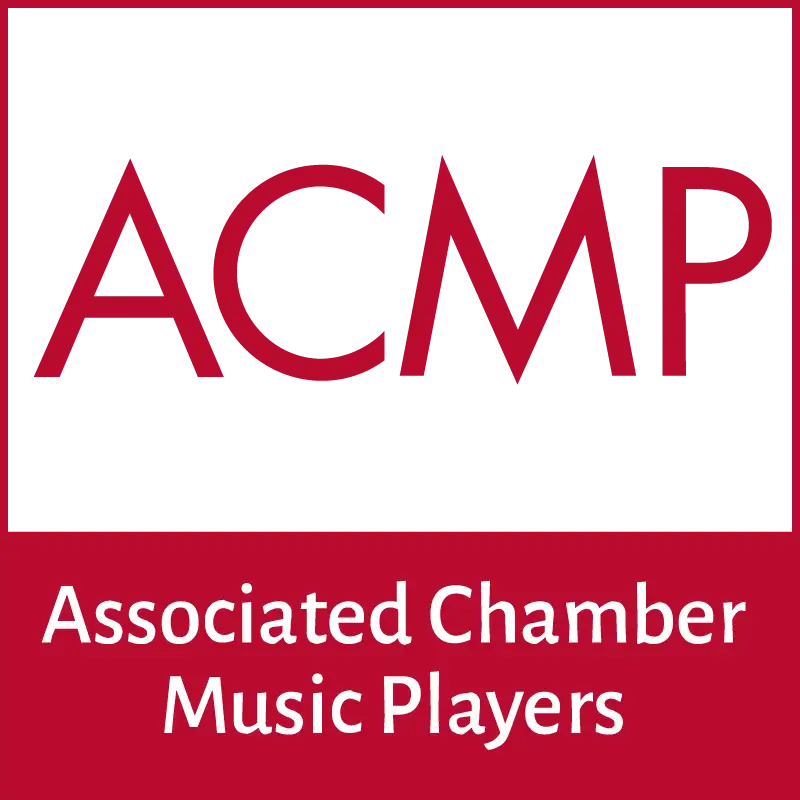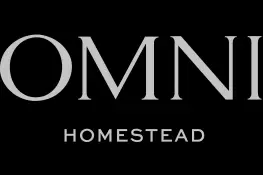by Jeannette Fang
Categories are quick, but they are not always accurate, and more often than not they can be misleading. Just take a look at iTunes, where the “Classical” screen encompasses everything from albums of 17th century composer Frescobaldi to crossover acts like 2 Cellos.
Clearly, “classical” as a genre term has become a sloppy one for the highly divergent styles that are shoved into it. It is certainly absurd to think about how the word, which first appeared as a way to label a pretty tiny stylistic period (1750-1820), came to become the catchall term for all music from 6th century AD to today’s commissioned works.
Despite the inept generality of the term, we still default to lumping contemporary concert music under the “classical” heading. However, classical as a categorization smells of oldness. It is in itself a dated term (I mean – the period it originally defined had an end date). I understand that categories are efficient tools for marketing, but the specificity of the word “classical” and all that it connotes does us a disservice now, because one sees CLASSICAL and most likely thinks of things like:
- Men wearing tights and wigs
- Musicians dressing like penguins
- Arch looking audience members who shush people when they open crinkly wrappers during performances.
- Snobby villains on Marvel TV shows.
The type of music of these images recall are a far cry from the eclectic mix of contemporary classical music being written by today’s Brahms and Beethovens. Unlike those times, where concerts consisted of music only by living composers, concerts now consist mainly of pieces from centuries ago. It is no surprise then that the majority of concert goers don’t really understand that works being written right now are still classified as “classical music”, performed by today’s “classical musicians”. You can read more about this conundrum in this fun article by Alex Ross HERE
“Contemporary classical music” roughly encompasses works written after 1970, and is often perceived as a risky endeavor because it doesn’t have the benefit of time to weed out the great from the not-so-great. But, think about who is considered great today. Brahms, Tchaikovsky, Rachmaninoff, Beethoven…What about Louise Heritte Viardot, Fanny Mendelssohn, or Chevalier de Saint-Georges? The selections that became the “Canon” are selections that were subject to flawed biases of history, which excluded the brilliance of women and minorities. In that vein, wouldn’t the most exciting time to be an audience member be at the time of the work’s creation, to hear each new work with your own judgement and participate in determining what lives on?
Today, there is no prevailing school of composition out there, there is no sweeping trend that can be summed up into a musical period like “romantic” or “Baroque”. If anything, we could call today’s period “Eclectic”, because there is so much diversity in style. And, just like the many varieties and flavors of human personalities and tastes, there is definitely a composer or style of new music that will appeal to you.
So the question is – how do you find what you like? The most obvious answer is to listen to a lot of new music and dive into that world. Understandably, a lot of you might answer with “I don’t got time for that”. Like many things today, there’s an overwhelming amount of choice out there. I get it, I really do. Shopping at a grocery store often feels like a 70 page multiple choice survey. The answers don’t matter but you still NEED to make the right one.
Well, we think we can help. Over the next few blog entries we will be giving you a little style guide to help you find your perfect living composer. I guarantee that you’re going to find someone out there who is creating music out there that you enjoy, because the trend today really is Not having a trend.
If you like the deeply personal expression and fidelity to classical forms seen in Brahms, you might enjoy the music of David Biedenbender. I have always loved Dave’s music because it always seems to come from an earnest searching within himself. Despite his meticulous construction, his works have a freedom that evoke a strong reaction from everyone who hears it, whether they be complete strangers to music or seasoned professionals of the field. I remember one time where we were rehearsing his quartet Red Vesper, and our hardworking Scott and Mike were in and out of the hall setting up the chairs for the upcoming weekend. They have done this set up thousands of times while we’ve rehearsed, always quick and quiet and never asking us about the music that we were chopping away at. But this time, Scott actually stopped during a lull in our playing and asked us what the piece was. With a tone of what I interpreted as happily verklempt, he stated that he “really liked it” and gave us his hearty approval. I think this ability to reach people is what is significant about Dave’s compositions. He writes with tonal, minimalistic harmonies that are utilized with a dramatic pacing that is masterful, powerful, and exciting. It makes sense that “David’s music has been described as “simply beautiful” [twincities.com], “striking” and “brilliantly crafted” [Times Argus] and is noted for its “rhythmic intensity” [NewMusicBox] and “stirring harmonies” [Boston Classical Review].” You don’t want to miss experiencing his piano quartet Solstice, based on the 4 seasons of Garth Newel, which was written for the Garth Newel Piano Quartet courtesy of the Chamber Music America Classical Commissioning Grant. We will be performing it on March 2nd, at our pub concert Biedenbender, Beck’s, and Beef Stew.
And if you like the emotional expressions of the 19th century, you might like composers that write in the Neo-Romantic style. As what you might expect, living composers given the Neo-Romantic descriptor utilize the tonality and lyricism often seen by music written in the later 19th century (think Schumann, Chopin, Rachmaninoff), but filtered through the lens of the present day. Neo-Romanticism came about as a reaction to the experimentation of the 1960s (silence is music, man), where composers sought to return to the musical language of late 1800s. Accusativus, the winning piano quartet of our 2018 Composition Competition by Balázs Kecskés, recalls the harmonic language of the Romantic period, but with a subtlety that takes it away from the drama and excesses that also characterize that period. So much of the great composers of the past still live on in the today’s young composers, whether intentionally or not. When we went through the score of Accusativus, we thought Balázs Kecskés must have been paying homage to Brahms, because his last movement is built around a tender sighing figure that recalls the opening of Brahm’s G major violin sonata. Here is an excerpt from that movement:
When asked about it, he told us he had not been consciously thinking of that work, or even Brahms, when he was composing the piece. The same heartfelt impulses behind that rhetorical motive for Brahms was also behind Balázs even though he was born more than 150 years later.
Accusativus is a suite of 5 short movements, which progress through different characters of meditative, driving, tender, boisterous, and reflective. Balázs creates mesmerizing moments of suspended beauty, with an ear for stillness and reverie that makes one think of Debussy. Accusativus will also be on the program on March 2nd.
If you like the lush sweeping gestures of Richard Strauss, you might like the music of Roger Zare. He shares the composer-pianist tradition of Liszt and Schumann, and his work The Tell-Tale Heart contains dramatic and visceral pianistic licks that we pianists relish playing. The Tell-Tale Heart was originally scored for flute/piccolo, oboe, clarinet/bass clarinet, violin, viola, cello, piano, and percussion. Roger later wrote a solo piano version of the work for me to perform at Garth Newel, and because of his cinematic and evocative writing it was easy to work the actual text of Poe’s story to the music. It’s going to be a hoot to perform this with dramatic narrator of our Executive Director Shawn Puller on March 2nd. Read about how Zare structured the music to illustrate Poe’s plot HERE.
Classical music is still being written today, You can’t really commission Beethoven to write a piece for an upcoming concert because he’s a little hard to reach these days, but you’ll be surprised to find out that the expressions, forms, and techniques of those greats are still widely used today. Just because there were some new pieces that weren’t to your liking doesn’t mean there might not be another just around the corner that you do love. But there is no way to find out if you don’t give it a try!
All the discussed pieces will be performed at Biedenbender, Beck’s, and Beef Stew at our second pub concert, March 2nd. Click HERE for more information.


